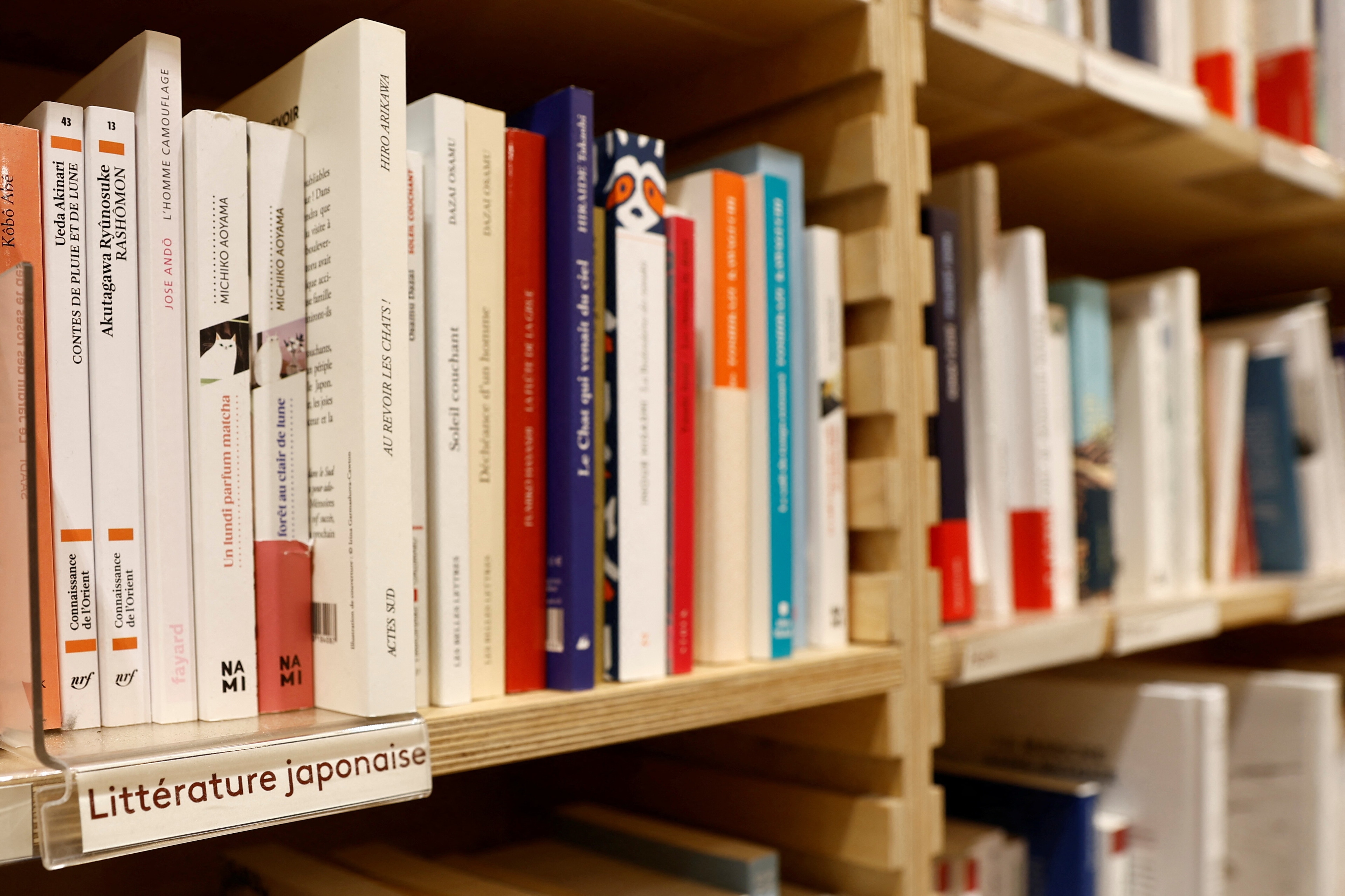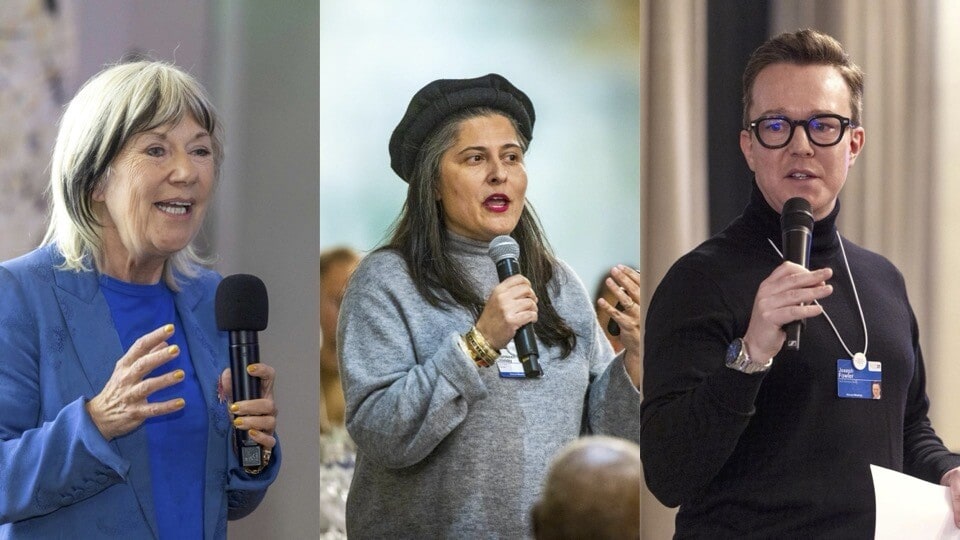This South African lawyer is reading while running marathons - for book donations

Adopting a creative approach to tackle South Africa's literacy crisis
Image: REUTERS/Mohamed Nureldin Abdallah
Stay up to date:
South Africa
On a train? Definitely. Standing at a bus stop? Possibly. But losing yourself in a book while running an ultra marathon? Extreme.

Not for Marukgwane Moremogolo, a 39-year-old South African lawyer who has redefined the concept of multitasking by reading as he runs to raise awareness of the country’s reading and literacy crisis – and collect book donations for libraries.
He recently ran Cape Town’s 56 kilometre Two Oceans Ultra while reading Zakes Mda's The Zulus of New York, taking breaks between the 44 km mark and the finish line to get stuck into the story.
Accept our marketing cookies to access this content.
These cookies are currently disabled in your browser.
Reading for pleasure
Accept our marketing cookies to access this content.
These cookies are currently disabled in your browser.
Moremogolo was spurred on by research showing many South Africans don’t read for pleasure and that children have poor comprehension.
He has asked people to donate books for every kilometre he runs, with the aim of building two libraries, in Atteridgeville and the Vaal area of Johannesburg.
He told The Star: “Kids are not able to comprehend and understand what they are studying because they don't read books outside the school curriculum.”
He’s now preparing to run the second half of the 89 km Comrades ultramarathon in June, while reading, to collect 600 (mainly children’s) books to distribute during South Africa’s National Book Week in September.
Literacy crisis
Only 41% of South African adults have read a book for leisure in the last month, according to a 2016 survey by the South African Book Development Council.
The same year, the Progress in International Reading Literacy Study tests assessed reading comprehension in the fourth grade (nine- to 10-year-olds). They found that 78% of pupils in South Africa fell below the lowest level on the PIRLS scale, meaning they could not understand what they were reading. South Africa came last out of 50 countries surveyed.
The survey also found that 62% of South African primary schools do not have school libraries.
Accept our marketing cookies to access this content.
These cookies are currently disabled in your browser.
A lack of books and motivation to read and share them with children has culminated in a literacy crisis in South Africa. The country is taking steps to solve this through initiatives including the Primary Teacher Education Project, training teachers how to teach reading.
And with people like Moremogolo raising literacy awareness, South Africa could one day become a nation of bookworms.
Don't miss any update on this topic
Create a free account and access your personalized content collection with our latest publications and analyses.
License and Republishing
World Economic Forum articles may be republished in accordance with the Creative Commons Attribution-NonCommercial-NoDerivatives 4.0 International Public License, and in accordance with our Terms of Use.
The views expressed in this article are those of the author alone and not the World Economic Forum.
Related topics:
Forum Stories newsletter
Bringing you weekly curated insights and analysis on the global issues that matter.
More on Arts and CultureSee all
Elena Raevskikh and Giovanna Di Mauro
October 22, 2025
Alex Fergnani
October 14, 2025
Naoko Tochibayashi
September 30, 2025
Joseph Fowler
September 26, 2025
Elena Raevskikh and Giovanna Di Mauro
July 23, 2025
Benedict Singleton and Marta Ferreira de Sá
July 8, 2025





